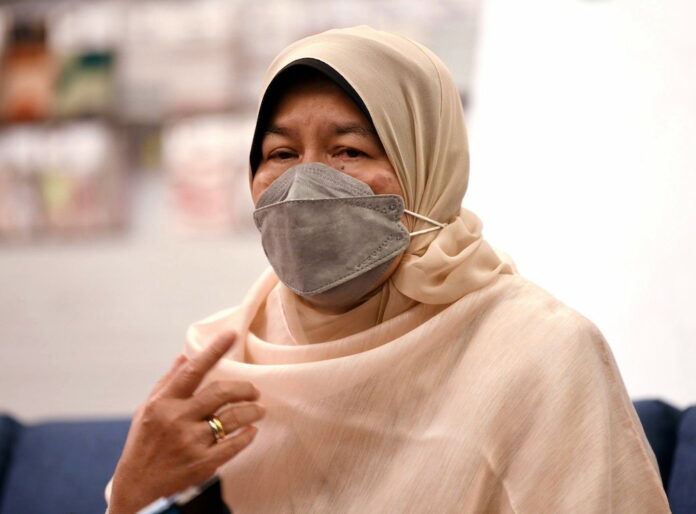KUALA LUMPUR, May 20 — The Ministry of Plantation Industries and Commodities (MPIC) is in the midst of discussions with the Ministry of Finance (MoF) to look into the viability of slashing Malaysia’s palm oil export tax to 4-6 per cent from the current 8 per cent.
Its Minister Datuk Zuraida Kamaruddin said Malaysia should slow down the implementation of its biodiesel mandate to help meet global demand amid an edible oil shortage.
“This proposed temporary cut is pending a decision but we believe Malaysian exporters are likely to be clear winners in the short term as global buyers will source for Malaysian palm oil.
“Nevertheless, the MPIC urges industry players to focus closely on market variables that are capable of sparking price volatility,” she said in the statement today.
Zuraida noted that the variables include the export policy of Indonesia, recovery of palm oil production in Malaysia, adjustment of biodiesel policies in various countries, progress of the Russia-Ukraine conflict and the weather in both the United States and South America.
Meanwhile, she said MPIC will continue to monitor the current situation involving Indonesia’s policy changes to ensure that the palm oil industry, which is the country’s main commodity, continues to contribute to economic growth, thus benefiting all, especially smallholders and industry players.
Zuraida said it should not be a cause for concern that the palm oil stockpile increased for the first time since October 2021 by 11.5 per cent month-on-month to 1.64 million tonnes in April, driven by higher output and weaker exports.
“This is because palm oil stockpile will likely dip in May on the back of seasonally lower crude palm oil (CPO) production (arising from the Ramadhan month) and stronger exports (following the Indonesian government’s recent move to widen its export ban on raw materials for cooking oil).
Yesterday (May 19), Indonesia announced that it would lift its palm oil export ban from May 23, following improvements in the domestic cooking oil supply situation and as Jakarta considers the welfare of 17 million workers in the palm oil industry.
Looking ahead, Zuraida said CPO prices are likely to consolidate downward due to a pending uptrend in monthly fresh fruit bunches (FFB) production rather than poor demand.
She, however, noted that CPO prices should stay elevated due to factors such as tight supply, robust market, oil price hike due to the Russia-Ukraine conflict and uptake from China following its re-opening post-pandemic.
















